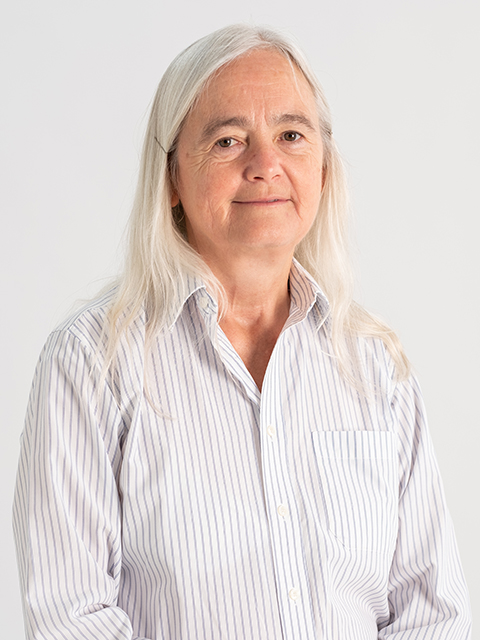Before Loughborough, Elaine was Lecturer in English and General Studies at the Cambridge College of Arts and Technology (which has since morphed into Anglia Polytechnic University), and before that was based in the USA from 1981-83 as a Harkness Fellow. Her BA (1978) and PhD (1984) are from the University of Birmingham, and her Master’s degree from Essex University (1980). Having been a Welsh child growing up in England in the 1950s and 60s, Elaine has an enduring interest in the experience of migration.
Elaine is a Fellow of the English Association, and a member of the AHRC Peer Review College.
In recent years Elaine has been employed full-time on research, and has engaged only occasionally in undergraduate teaching. She does though love being with students, and for many years contributed to (and sometimes ran) modules in Critical Theory, Approaches to Poetry, Women’s Writing, and Renaissance and Restoration Drama at undergraduate level, and to Research Methods and a range of modules on early-modern culture for Master’s students.
Much as Elaine loves working with students and conferring with colleagues, it has always been important to her to communicate with people beyond the academy – perhaps most of all because she comes from a family whose members have not usually stayed in education beyond the minimum leaving age. She has participated in various television and radio broadcasts (including The One Show and Woman’s Hour, and a live evening-long programme on Radio 3 commemorating the execution of Charles I), co-written (with her colleague Catie Gill) a booklet about the prophecies of early Quaker women, and she is currently working on several projects designed to popularise understanding of the achievements of Aphra Behn.
Elaine's external activities within the academic world have included membership of the AHRB Postgraduate Panel (2003-07) and the AHRC Peer Review College (2007-10, and 2020-23); acting as External Examiner for PhD theses at more than 20 universities in the UK and overseas; and regularly speaking at academic venues that range from international conferences to postgraduate research seminars.
